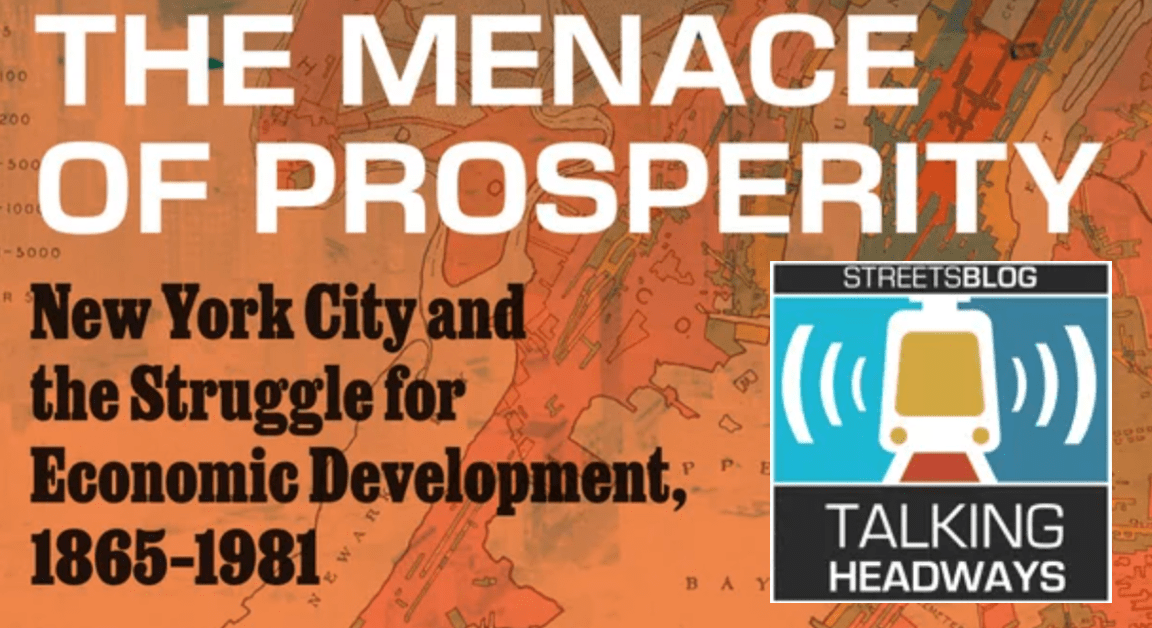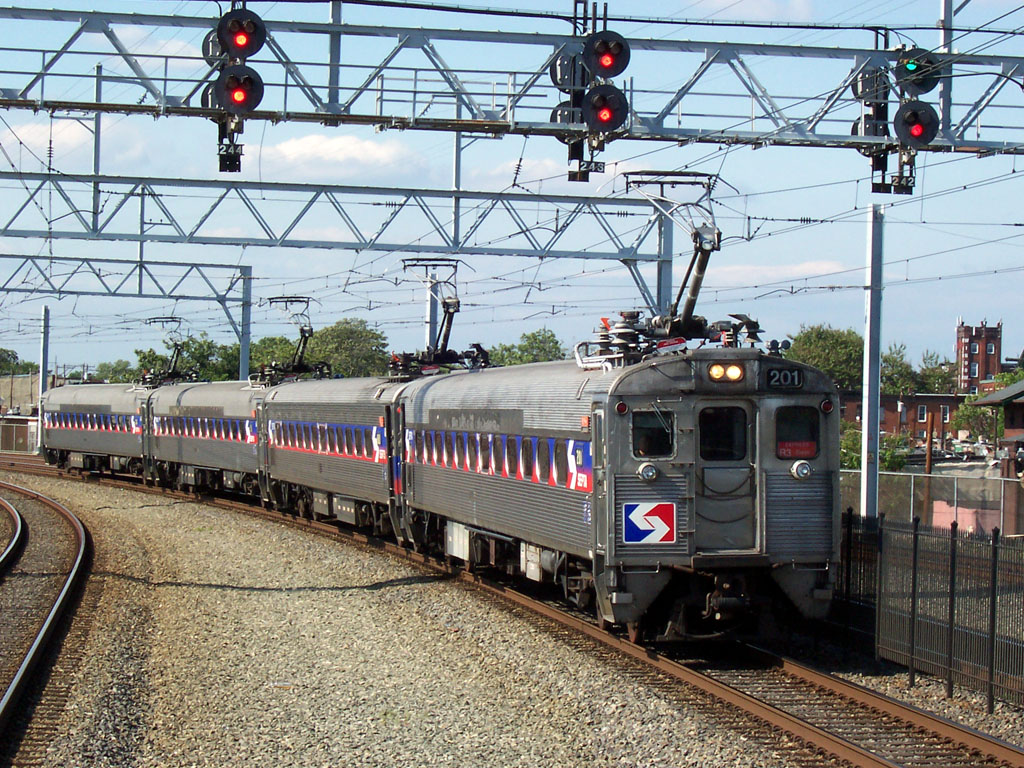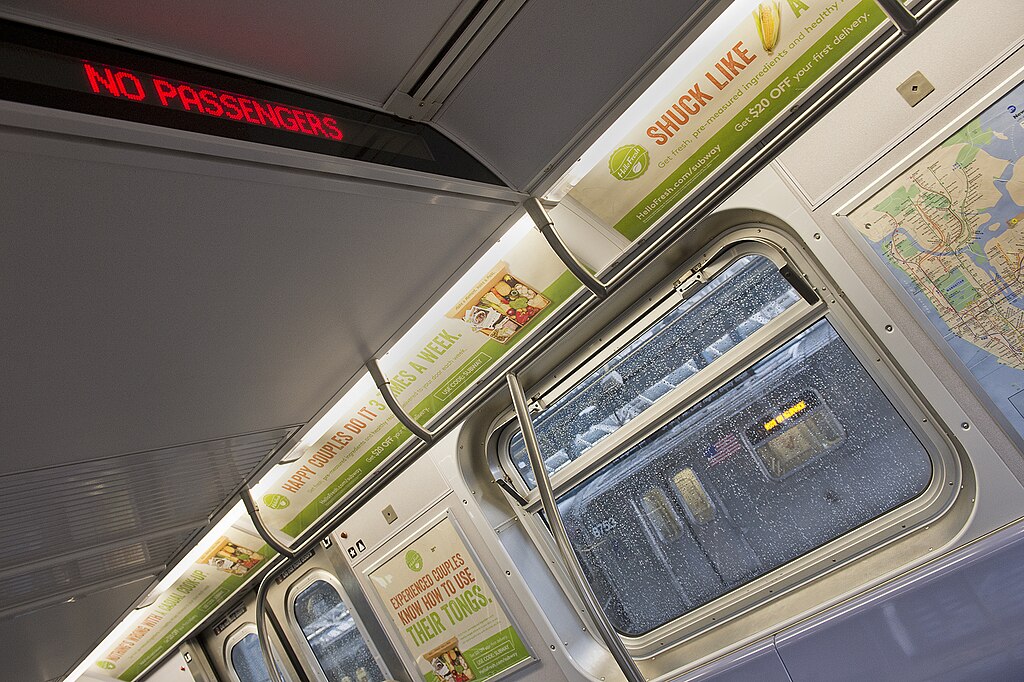- A Look Into the Web of Factors Influencing the Gas Price Drop (WaPo)
- To Raise Transit Revenues, Don't Hike Fares: Sell Discounted Bulk Passes. (Atlantic Cities)
- ...Here's Proof It Works (Guelph Mercury)
- No Light Rail to New Suburban Braves Stadium, But Maglev Would Be Cool (Marietta Daily Journal)
- It's Decision Time for Pennsylvania Transpo Bill (Sun Gazette, Courier Times)
- DC Could See Some Cautious Changes to the Height Act (City Paper)
- District DOT Needs to Keep Its Promises (WaPo/GGW)
- Make Greenfield Developers Pay More, and Start Expanding Transit: Advice for Vancouver (News 1130)
- Capturing Secondary Pedestrian Activity: the Trip From the Bus Stop (JTLU)
- FlightCar Joins RelayRides in Reducing Need for Airport Parking by Car-Sharing (CBS)
- "These Days, Driving Is Just Another Form of Welfare" (Gainesville Sun)
Today's Headlines
Today’s Headlines
Stay in touch
Sign up for our free newsletter
More from Streetsblog USA
Friday Video: The Massachusetts Company That Traded the Trash Truck For a Bike
This small worker-owned cooperative is reimagining how to do recycling, composting, yardwork and more — no diesel required.
Friday’s Deadly Headlines
Reducing our reliance on fossil fuels would bring immediate health benefits for hundreds of thousands of people.
Commentary: The Real Reason Trump Opposes High-Speed Rail Isn’t About Trains; It’s about Power
This is about petroleum versus renewable electric power.
Talking Headways Podcast: The Menace of Prosperity
Daniel Wortel-London on his new book, "The Menace of Prosperity: New York City and the Struggle for Economic Development, 1875–1981."
Thursday’s Headlines Are a Sneak Preview
Want to see what happens when a city makes major transit cuts? Just look at Philadelphia. It's not pretty.
What I’ve Learned From Getting Transit Wrong
"Advocacy isn’t about pretending you’ve always been right. It’s about learning, adapting, and bringing those lessons into the fight for better transit and better cities."





